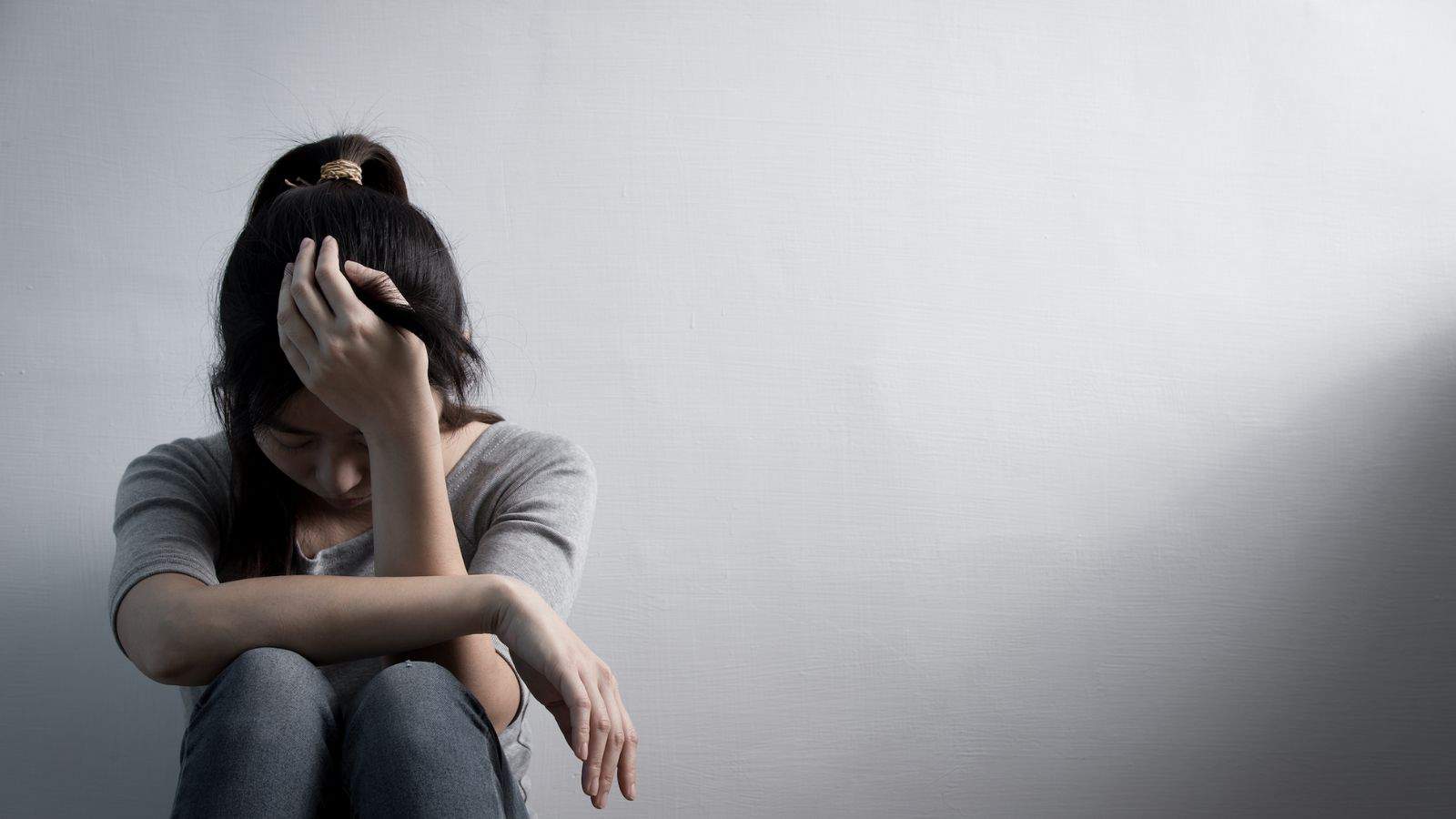Unfortunately, it’s surprisingly common for Brits to feel lost in life, almost as if they don’t belong anywhere. However, the good news is that there is always logic behind this, so if you understand why you feel this way, you can find solutions. To help you do exactly that, here are 21 reasons why you don’t feel like you belong anywhere.
Deep Thinker in a Shallow World

As LonerWolf points out, deep thinking often leads to a disconnect with those who prefer lighthearted or superficial conversation. This mismatch in communication styles can make interactions feel unfulfilling, as though you’re operating on a different wavelength than those around you. Try to tone things down in these circumstances and find other deep-thinkers like yourself to engage with on such a level.
Surface-Level Friendships

When your social connections don’t go beyond casual conversations, it’s easy to feel lonely. Friendships that lack depth often leave a craving for more meaningful interactions, which can result in feeling unsatisfied and out of place, even in familiar social circles. So, the natural solution to this is to figure out who your kind of people are and seek them out.
Always Feeling Different

It’s very possible that, since childhood, you’ve felt a sense that something about you doesn’t quite align with the people around you. This persistent feeling of being different, whether in perspective, interests, or personality, can create a barrier to feeling truly at home anywhere. However, it’s important not to shut yourself off because many will value your unique traits highly.
Social Anxiety Holding You Back

These days, it’s very common for anxiety in social situations to create overwhelming barriers. The constant worry about judgment or misunderstanding makes it difficult to relax and be yourself, leading to isolation even when surrounded by others. Unfortunately, isolation causes further anxiety, creating a negative feedback loop that can be hard to get out of.
Rejecting the Status Quo

If you like to challenge societal norms or refuse to conform to conventional expectations, it’s only natural that this will create a sense of alienation. When your path diverges from the majority, finding a group that truly understands and accepts your choices can be challenging. However, you should never give up on trying, as your values are always more important than fitting in.
Frequent Relocation

Another reason why you might feel like you don’t belong anywhere is if you’re constantly moving to new areas, disrupting your ability to establish deep roots in any one place. Without the stability of long-term connections, it’s hard to feel a sense of belonging, leading to a feeling of being perpetually unsettled and adrift. Try to settle down somewhere for a while, and you’ll no doubt build deeper connections.
Being Highly Independent

There’s no denying that independence is empowering, but it can also lead to isolation. The strong desire to stand on your own may overshadow the need for community, making it harder to connect with others on a deeper level.
Misaligned Values

Differences in core values with those around you can create an invisible wall; even when physically present, this disconnect in beliefs and priorities can make it difficult to feel truly connected and understood. However, this is simply a sign that you’re not hanging about with the right people, so it might be time for a change.
Sensitivity to Rejection

If you have a heightened sensitivity to rejection, this can, sadly, lead to withdrawal from social interactions. The fear of being excluded or judged can cause you to keep your distance, making it difficult to form close bonds with others.
Living a Non-Traditional Life

These days, many Brits are choosing a path that deviates from the traditional milestones, like marriage, children, or a conventional career. As unique as all of this is, it can set you apart from your peers, with this difference in life choices leading to feelings of being out of sync with others.
Introversion in an Extroverted Society

It’s unavoidable that introverts may struggle to find their place in society, as many people value extroverted traits like sociability and assertiveness. This can result in feeling overlooked or misunderstood, contributing to a sense of not belonging. However, don’t panic–there are plenty of introverts out there just like you.
Experiencing Trauma

Traumatic experiences can fundamentally alter your worldview, making it difficult to relate to others who haven’t gone through similar events. This can create a feeling of being on the outside, unable to fully connect with those who don’t share that understanding. It’s precisely why therapy can be so useful in this context, as a professional will understand your struggle.
Being a Creative Thinker

Any creative individual can relate to seeing the world differently, and frustratingly, this can make it hard to connect with people who don’t share that vision. This unique perspective might lead to a sense of isolation, as it can be difficult to find others who truly “get” you.
Intellectual Curiosity

When you have an insatiable thirst for knowledge, this can sometimes make everyday conversations feel mundane from your perspective. Your interests extend beyond the norm, and therefore, finding like-minded individuals who share your level of curiosity can be a challenge, leaving you feeling disconnected.
Not Relating to Popular Culture

If mainstream trends, music, or entertainment don’t resonate with you, it can create a feeling of being out of step with your peers. This lack of common ground can make social interactions feel forced or superficial as you desperately try your best to find something to relate to.
Feeling Emotionally Intense

Some people experience emotions more intensely than others, and unfortunately, this can create a divide in relationships. They may seek deep emotional connections, but others will shy away from this intensity, leaving them feeling misunderstood or “too much to handle.”
Being Multicultural or Multiracial

Another common reason why some people don’t feel like they belong anywhere is when they have multiple cultural or racial identities, making them feel like they literally do not fully belong to any one group. Straddling different worlds might result in feeling out of place as if you don’t quite fit into any particular community.
Having a Niche Career

When you pursue a career that’s off the beaten path, this can make it harder to connect with others who don’t share or understand your professional life. Undoubtedly, feelings of isolation will arise, especially in social settings where work is a common topic of conversation. However, just try to think of this as a sign of how unique your life is.
Perfectionism Creating Distance

Perfectionists often hold themselves to impossibly high standards, making it difficult to relate to others who are satisfied with lower standards. The fear of being judged for any perceived flaws might also prevent you from fully engaging in social situations, keeping you at arm’s length from meaningful connections.
Unresolved Identity Questions

Anyone who struggles with questions about their identity, whether related to gender, sexuality, or other aspects of self, can experience a sense of not belonging. This uncertainty can create a barrier to connecting with others, as they might feel like they’re still figuring out where you fit.
Feeling Like an Outsider Even in Close Relationships

Sometimes, even in relationships that should feel close, there’s an underlying sense of being on the outside. Whether it’s with family, friends, or a partner, this feeling of being slightly disconnected can be one of the most isolating experiences, making it hard to feel like you truly belong anywhere. Sadly, this is a problem that is all too common nowadays.

